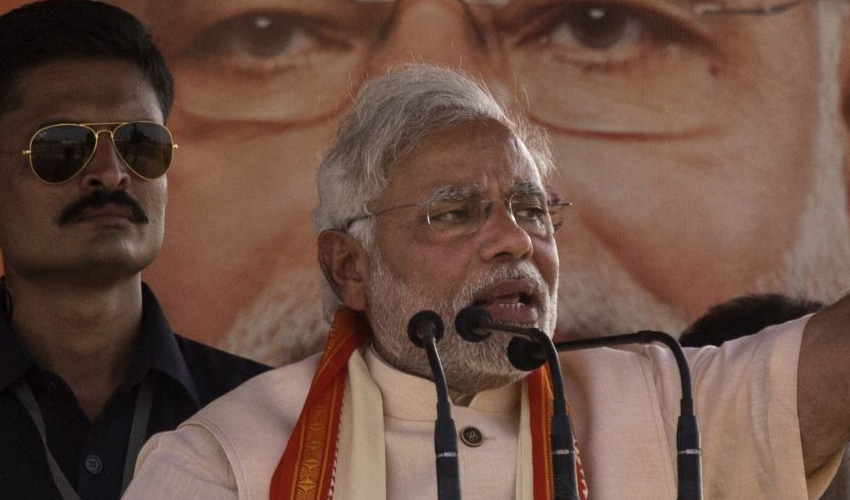Modi govt in India has intensified its crackdown on media freedom by blocking websites that report on atrocities against minority groups.
The recent targets include "Hindutva Watch," a data site documenting crimes related to the Hindutva ideology, and "India Hate Lab," which focuses on reporting hate incidents.
These actions, occurring just months before the upcoming elections, have sparked fears about the state of democracy and freedom of the press in the country.
🚨 Modi govt ramps up efforts ahead of #elections, blocking critical voices.
— SAMAA TV (@SAMAATV) February 1, 2024
Hindutva Watch & India Hate Lab silenced, raising concerns over free speech.
With media clampdowns on the rise, transparency hangs in the balance. #SamaaTV pic.twitter.com/PHMFh8cIFh
Critics argue that the move is an attempt to suppress independent voices and control the narrative leading up to the elections.
The govt has issued notices under Section 69A of the controversial Information Technology (IT) Act, giving authorities the power to restrict access to information in the name of national interest.
This has raised concerns about the misuse of such legislation to stifle dissent and manipulate public discourse.
The targeting of "Hindutva Watch" is particularly significant, as it is an independent research data website based in the United States, focused on reporting atrocities against minority and marginalized communities among Hindus in India.
Blocking such a platform is seen as a direct attack on transparency and accountability.
The move is not an isolated incident but part of a broader pattern of media suppression by the Modi govt.
Critics argue that the govt's actions are undermining the principles of democracy, with freedom of expression and the press being crucial components.
The international community has taken note of these developments, and India's ranking on the World Press Freedom Index has suffered, falling to 161 out of 180 countries.
This decline raises questions about the health of democracy in India and the ability of its citizens to access unbiased information.
As the elections draw nearer, concerns are growing that such censorship could impact the democratic process, limiting the diversity of voices and perspectives that are essential for an informed electorate.
The international community continues to monitor the situation closely, urging the Indian govt to uphold democratic values and protect the fundamental right to freedom of the press.



























